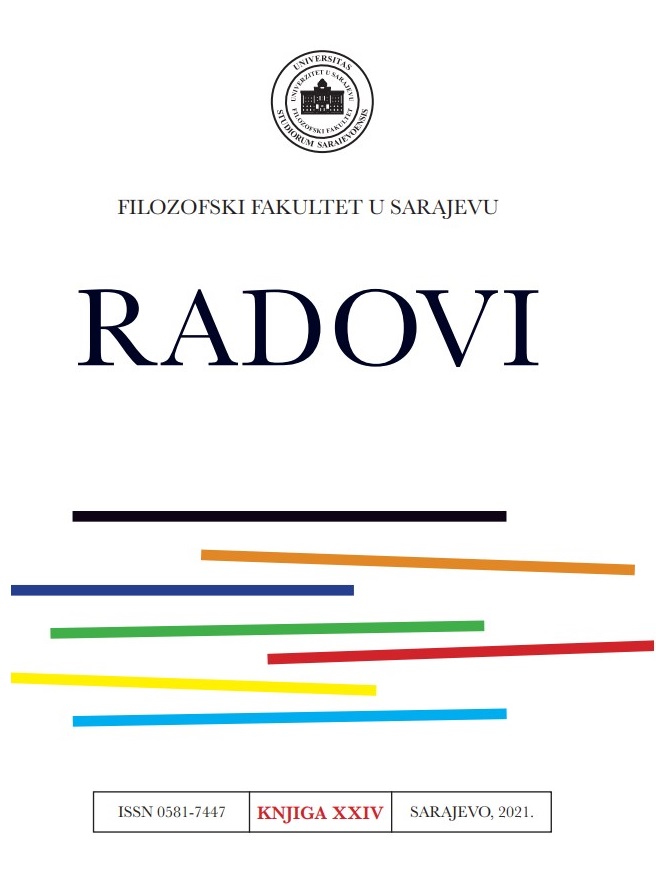Hallidayev koncept funkcija jezika i primjena tog koncepta u kritičkoj analizi diskursa
Halliday's concept of language functions and its relevance for Critical Discourse Analysis
Author(s): Dajana Zečić DurmiševićSubject(s): Language studies, Applied Linguistics, Stylistics
Published by: Filozofski fakultet Univerziteta u Sarajevu
Keywords: Systemic Functional Linguistics; Critical Discourse Analysis; language (meta)functions; ideology; context;
Summary/Abstract: This paper examines the relationship between Michael Halliday’s Systemic Functional Linguistics and Critical Discourse Analysis. Special attention is payed to the relevance and application of Halliday’s concept of the (meta)functions of language (ideational, textual and interpersonal) as a methodological tool in CDA, for it potentially enables a socially and politically engaged language analysis devoid of ideologically motivated result interpretation by the researchers themselves. Since the very beginning of both SFL and CDA, these two fields have intertwined for various reasons, or characteristics they have in common. The three characteristics deemed most important in literature are: functional orientation, perspective that language mirrors social reality and is, in turn, shaped by it, and the stance that the ideological motivation of text and speech can be proven and identified through grammar, i.e. linguistic representation analysed within its context (Hart, 2014).
Journal: Radovi Filozofskog fakulteta u Sarajevu
- Issue Year: 24/2021
- Issue No: 1
- Page Range: 237-250
- Page Count: 14
- Language: Bosnian

